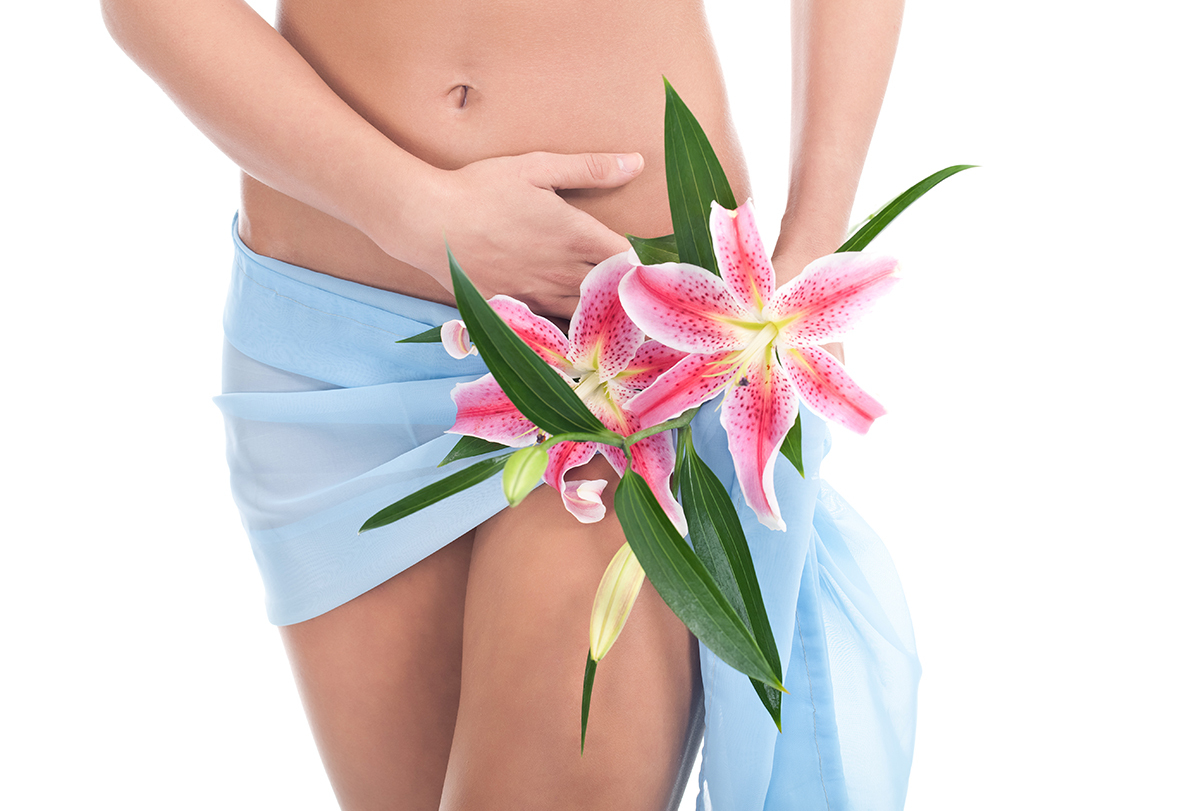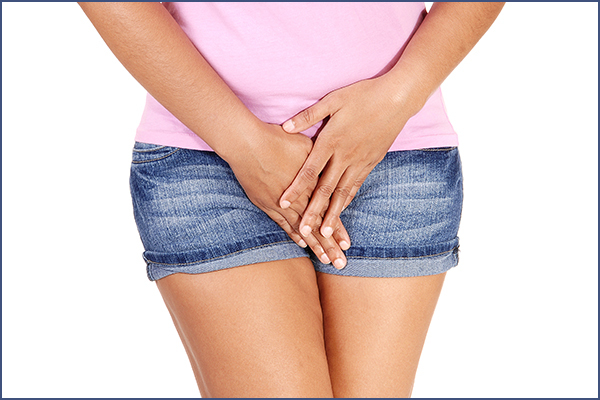In this article:
Normal vaginal secretions and sweating can make your private parts smell a certain way, which is referred to as vaginal odor.

Adult women, in particular, have vaginal secretions that smell slightly musty, which should not raise any cause for concern. (1) Moreover, the pungency of the odor can increase or decrease at different points during the menstrual cycle.
Sex usually leads to the secretion of strong-smelling vaginal discharge, which makes the odor particularly noticeable. However, a vagina that becomes distinctly malodorous in regular everyday life could indicate an underlying infection or problem that needs attention.
The abnormally unpleasant smell is usually accompanied by other signs of vaginal discomfort such as irritation, burning, itching, and discharge.
Self-Care Tips to Prevent Vaginal Odor

Follow these tips to maintain feminine freshness at all times and prevent bad vaginal smells from occurring:
1. Practice regular genital hygiene
Use a minuscule amount of mild fragrance-free soap and copious amounts of water to wash your vagina clean during every bath or even otherwise.
The vaginal skin is extremely sensitive and can react negatively to chemical-laden feminine hygiene products. The use of perfumed soaps, powders, and deodorants to get rid of vaginal smell can actually unbalance the vaginal flora and pH.
2. Clean your vagina after sex
As vaginal smell tends to be particularly intense after sexual intercourse, make a habit of washing the genital area with mild soap and water once you are done.
3. Keep your genital area free of excessive moisture or sweat
It is important to wipe your genitals after a bowel release or urination. If you experience increased vaginal perspiration, simply wash and wipe the nether regions from time to time. Even after taking a bath, you must allow the genital area to air dry before you put on your underwear.
4. Always wipe from front to back when cleaning the genital area
Doing so pushes the fecal residue and other germs away from the vagina rather than towards it.
5. Engage in safe sex
Use proper protection such as female condoms during sex to keep yourself safe from sexually transmitted diseases that lead to vaginal malodor and other serious health concerns.
Also, limiting the number of your sexual partners and familiarizing yourself with their sexual history helps in further minimizing the risk of sexually transmitted infections in sexually active individuals.
6. Wear clean, dry, light underwear
Change your underwear daily and as soon as they get wet, damp, or dirty to preserve your vaginal health and hygiene. Also, do not wear the same panty liner for too long.
When buying underwear, make sure that it is made of a breathable fabric. Underpants that are 100% cotton are the ideal choice as they allow proper air circulation within the genital area, which helps to keep the vulva sweat-free and moisture-free.
7. Follow proper menstrual hygiene
When you are having your period, make sure to change your pads or tampons frequently.
8. Eat right
Minimize your intake of refined carbohydrates, caffeine, and sugary drinks, all of which can stimulate yeast production. Include yogurt and other probiotic sources in your daily diet to restore the healthy balance of bacteria in the body.
9. Stay hydrated
Maintain proper fluid intake throughout the day to flush out toxins and harmful bacteria from the body and, thereby, minimize the risk of odor-causing infections.
Are Home Remedies Safe and Effective in Getting Rid of Vaginal Odor?
To successfully treat vaginal odor, you must first understand what is causing it and then adopt a treatment approach that specifically targets the underlying cause.
Thus, self-treating foul vaginal smell with various home remedies and other nonprescription methods without addressing the root cause will only provide temporary relief at best, unless combined with doctor-prescribed medical treatment.
Certain home remedies can even end up exacerbating your condition. So, it is best to err on the side of caution and consult a doctor before trying out a new remedy.
In one study, 35 women with different sexual preferences and a history of recurrent bacterial vaginosis tried various home remedies and self-help therapies.
The interventions included douching, (2) taking salt or vinegar baths, and topical and oral administration of yogurt and garlic to relieve their symptoms and eliminate the vaginal malodor that is characteristic of bacterial vaginosis. However, most of them failed to register any significantly positive outcomes. (3)(4)
When to See a Doctor
It is completely normal to have a slight musty smell coming from the vagina, but consult a doctor if:
- It becomes unusually strong, offensive, or noticeable.
- It is accompanied by other alarming symptoms, such as vaginal itching, pain, soreness, bleeding, and increased vaginal discharge.
Expert Answers (Q&A)
Answered by Dr. Christian Pope, DO, FACOG
Yes. A few STDs may cause vaginal odor. Examples are bacterial vaginosis, which is the most common cause of vaginal odor, and trichomonas. Sometimes chlamydia and gonorrhea may cause an odor if the infection gets advanced, but not usually.
A normal vaginal odor is typically none to a very slight acidic smell.
Yes, baking soda soaks are oftentimes helpful. I typically advise patients to place 1 cup of baking soda in a bathtub and soak for 15 minutes.
Periods may lead to odor, many times due to the clotting and drying of blood, not necessarily an infection. May women do experience frequent infections that occur right after their periods.
Final Word
A healthy vagina tends to have a slightly musty smell, despite the best of genital hygiene.
However, you may have a problem if the smell becomes extremely strong, is off-putting, and is accompanied by other vaginal symptoms such as burning, irritation, itching, and discharge. Not only is this truly discomforting, but it also causes a lot of embarrassment.
Vaginal malodor can be the result of various causes, from poor vaginal hygiene to vaginal infections. You have to address the underlying cause in order to treat this problem.
Thus, you must first consult a doctor for a proper diagnosis and then proceed with the recommended treatment, which includes both medicinal interventions and self-care measures to banish the problem for good.
- Was this article helpful?
- YES, THANKS!NOT REALLY


